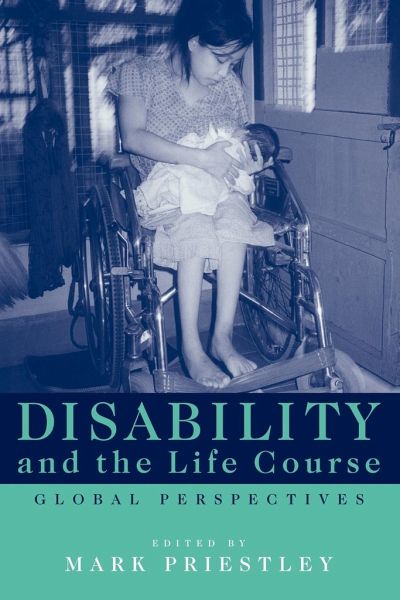
Disability and the Life Course
Global Perspectives
Herausgeber: Priestley, Mark

PAYBACK Punkte
24 °P sammeln!
Explores the global experience of disability using a novel life course approach.

Global Perspectives

Rechnungen
Bestellstatus
Retourenschein
Storno